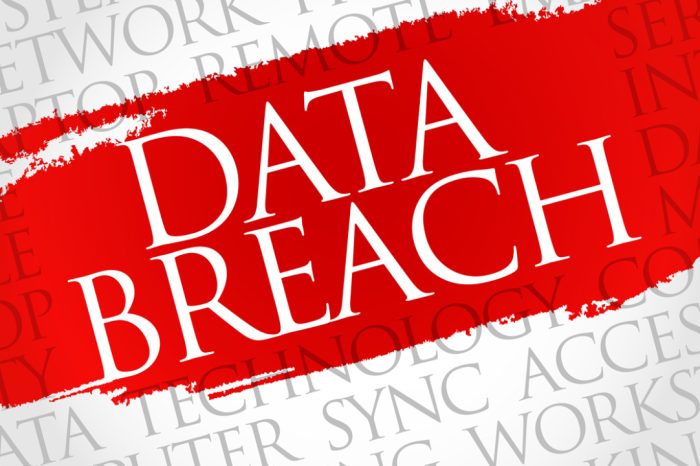Keeping your computer running smoothly can be a pain for the inexperienced. From computer viruses to spam emails, there are a lot of factors to consider when you surf the web or browse emails. Likewise, it can be frustrating to figure out which programmes help and which applications actually slow down your computer. Many programmes claim to be beneficial, but in reality simply slow down your computer’s CPU and take up space on your hard drive. Furthermore, it can sometimes seem like spammers and junk mailers find you despite your best efforts to remain anonymous on the web. Don’t worry though. With the right resources and knowledge, you can block spam and keep all your online accounts safe.
First of all, it’s important to differentiate between good protection software and programmes that are more detrimental to your system. There are countless companies and programmes out there, trying to get you to click on their ads or promotions, but you should never be so hasty. If you see online ads, especially with flash animations, you should be sceptical. Don’t simply click on any advertisement you come across; instead read reputable tech websites and cross-reference product reviews to get the real scoop on anti-spam software. Likewise, take a trip down to your local computer repair store and ask them their thoughts on installing specific programmes on your system. Always seek the advice of professionals before you use any suspicious software.
Obviously, some spam-blockers are great resources; you just need to decide which ones are worth your time. Certain spam-blockers and virus protection programmes are offered online for free, but you should be wary of any free virus software. On the other hand, if a programme offers you a trial period, such as Mailcleaner’s antispam blocker software, you can be sure that this is a more legitimate option. After all, if you are good at something, you should never do it for free! Be on the lookout for allegedly free spam-blocking software and instead opt for programmes that offer a free trial period or cost a nominal fee. Likewise, always read customer reviews for the app from third party and unbiased websites.
Don’t forget, there are steps you can take to reduce spam on your account as well. For example, never put your email address on forums, blogs or other open sites that make your information available to anyone. Moreover, don’t sign up for email lists or promotions arbitrarily. Many of those sites can take your information and share it with other business, all of which can flood your email inbox. It might seem like there is a lot to remember when choosing a quality anti-virus and spam-blocking software, but with the right tools and knowledge, you will make a smart and informed decision.










